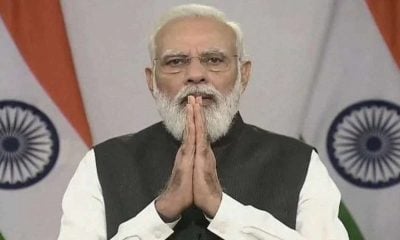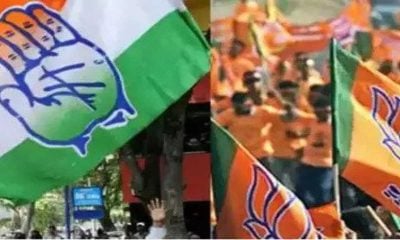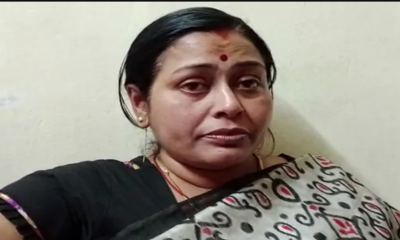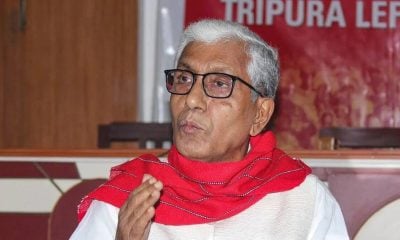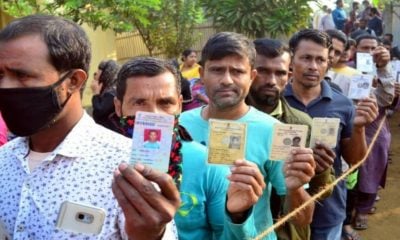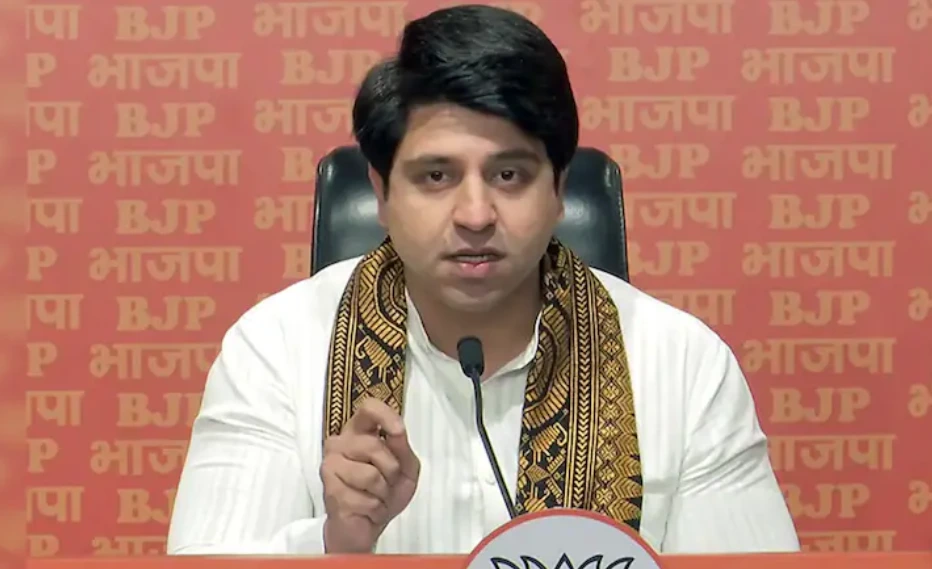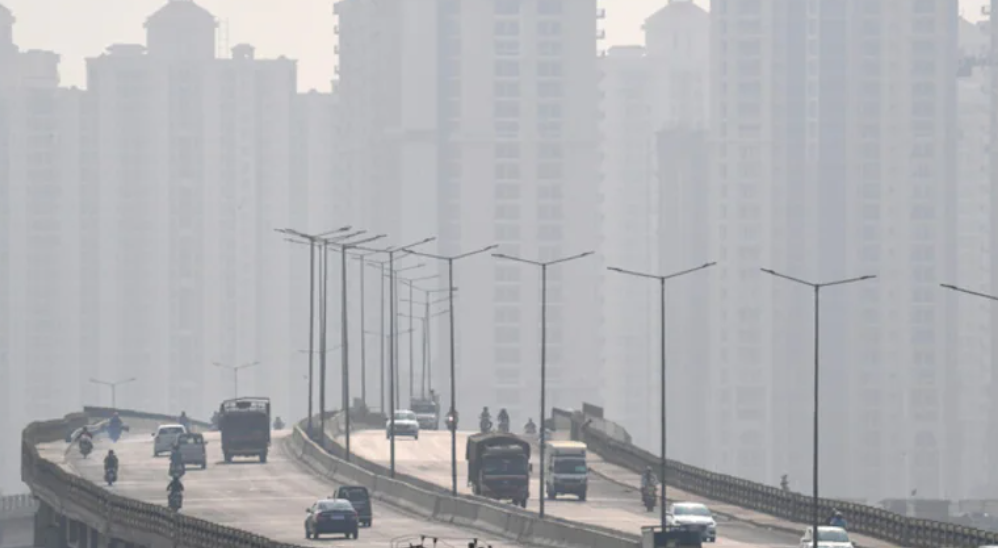[vc_row][vc_column][vc_column_text]Committee of four senior AIR officers discussed the contents of the speech and consulted Prasar Bharati CEO Shashi Shekhar Vempati about its broadcast. The committee and Vempati decided that the speech did not adhere to the Broadcast Code and communication was sent to Sarkar’s office that he should “reshape the content” of his speech, otherwise the “broadcast may not go with its existing content”
Two days after the Prasar Bharati administration triggered a political uproar by deciding to black out Tripura chief minister Manik Sarkar’s Independence Day speech, a Doordarshan official who was present during the recording of the address revealed to a national daily that the autonomous body which controls DD and AIR did indeed ask for the speech to be “reshaped”.
The broadcast of Sarkar’s speech, in which he asserts, among other things, that India’s “spirit of secularism is under attack”, was blocked on instructions of the Prasar Bharati administration apparently because it did not maintain the “sanctity and solemnity” of Independence Day.
UK Sahoo, Doordarshan’s protocol officer who was present during the recording of Sarkar’s ‘controversial speech’ spoke to The Indian Express and explained what led to the decision for not broadcasting it.
On the evening of August 14, Doordarshan and All India Radio had recorded Sarkar’s speech. The Indian Express report states that Sahoo was asked by Sarkar to “maintain the quality and content” of his speech, effectively meaning that no part of it should be edited. However, since Sahoo felt that the speech was controversial, he spoke to officials at Doordarshan’s directorate in New Delhi who asked him to send the transcript of the speech to them and AIR officials.
“At the AIR headquarters, a committee of four senior officers pondered on the contents of the speech. AIR Director General Fayyaz Sheheryar consulted Prasar Bharati CEO Shashi Shekhar Vempati on what should be done. The committee and Vempati decided that the speech did not adhere to the Broadcast Code, and told their office in Agartala that the Chief Minister will need to ‘reshape the content’ of his speech, otherwise the ‘broadcast may not go with its existing content’, keeping in view the ‘sanctity and solemnity’ of Independence Day”, the report in the Indian Express says.
Sahoo’s detail of the events that unfolded on the eve of Independence Day corroborate the version that Sarkar’s office had maintained all along. Sarkar’s office had also communicated to the Prasar Bharati officials that he would “not change a word” of his address – another fact that was confirmed by Sanjiv Dosajh, Assistant Director of Programmes (Policy) at AIR, who emailed the broadcaster’s Agartala office about the committee’s decision.
Dosajh insisted that in the past too, CMs have been advised to “modify” some speeches, to which they have agreed but added that Sarkar “was very firm (that) he would not change (his speech).” The AIR official added that the committee had found some instances in Sarkar’s speech which were not “very positive” and were seen as a violation of the AIR broadcast code.
However, a look at the AIR broadcast code shows that Prasar Bharati perhaps erred in its judgement of what the code stipulates since it clearly mentions that “no content should be aired that criticises friendly countries, attacks any religion or community, is obscene or defamatory, incites violence or goes against law and order, amounts to contempt of court, casts aspersions against the integrity of the President or judiciary, or can affect the integrity of the country and criticises any person by name”. None of these criteria seem to be violated in Sarkar’s address which did not attack any individual and actually spoke of the need to preserve the secular ethos of India.
In his address, Sarkar had said: “conspiracies and attempts are under way to create an undesirable complexity and divisions in our society; to invade our national consciousness in the name of religion, caste and community, by inciting passions to convert India into a particular religion country and in the name of protecting the cow”.
Sahoo told The Indian Express that he had emailed Sarkar’s official staff on the evening of August 14 about the committee decision to not broadcast his speech unless it was reshaped to fit the parameters of the broadcast code, but did not receive a response.
Sarkar’s party – the CPI(M) – however, isn’t impressed with the explanation. Party general secretary Sitaram Yechury, who had shared the full text of Sarkar’s speech on Twitter and blamed “Prime Minister Narendra Modi and his cronies in the BJP” for censoring the address, said: “Prime Minister or the Chief Ministers have the right to speak. If they have said anything objectionable, they will be questioned in Parliament or in state legislatures. What the Chief Minister would have said in his address, that would have been questioned on the floor of the Tripura Assembly. You (Prasar Bharati) cannot pre-emptively censor him.”[/vc_column_text][/vc_column][/vc_row]
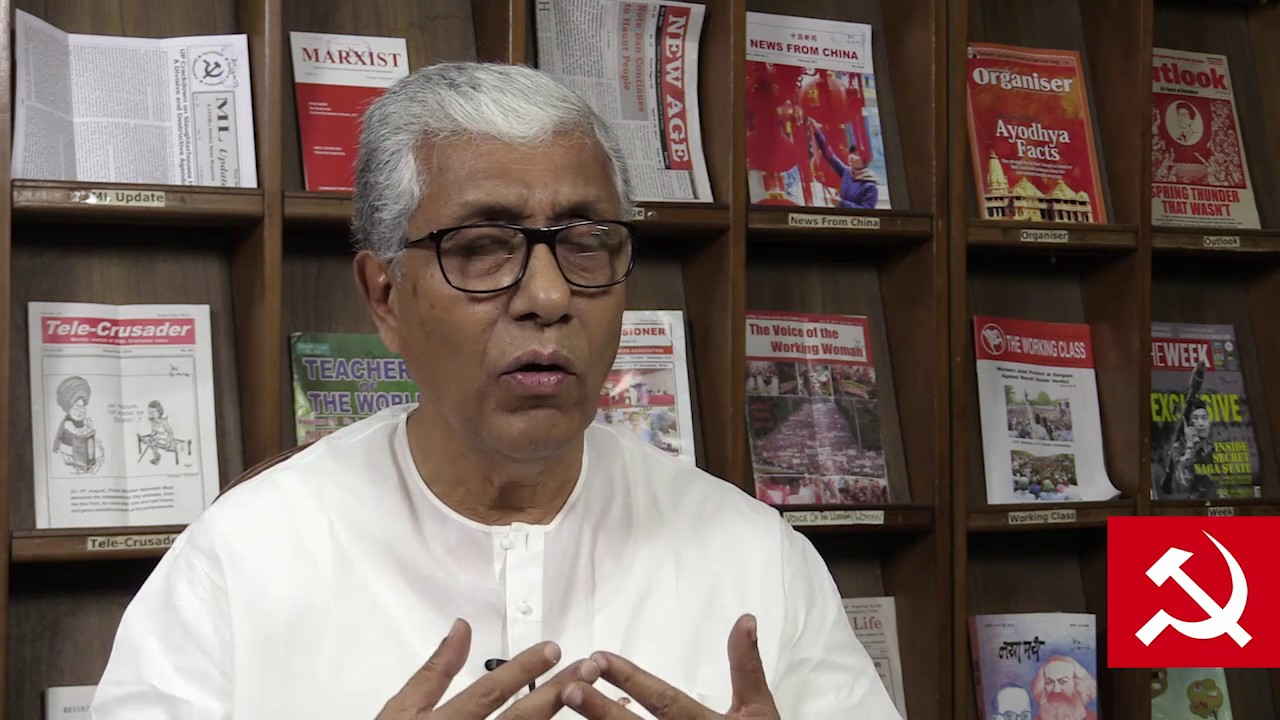

 India News10 hours ago
India News10 hours ago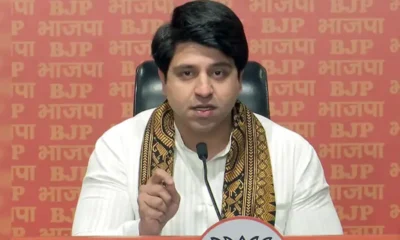
 India News10 hours ago
India News10 hours ago
 Latest world news10 hours ago
Latest world news10 hours ago
 India News10 hours ago
India News10 hours ago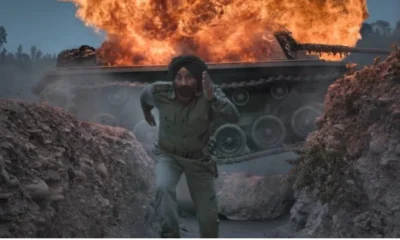
 Entertainment6 hours ago
Entertainment6 hours ago
 India News3 hours ago
India News3 hours ago
